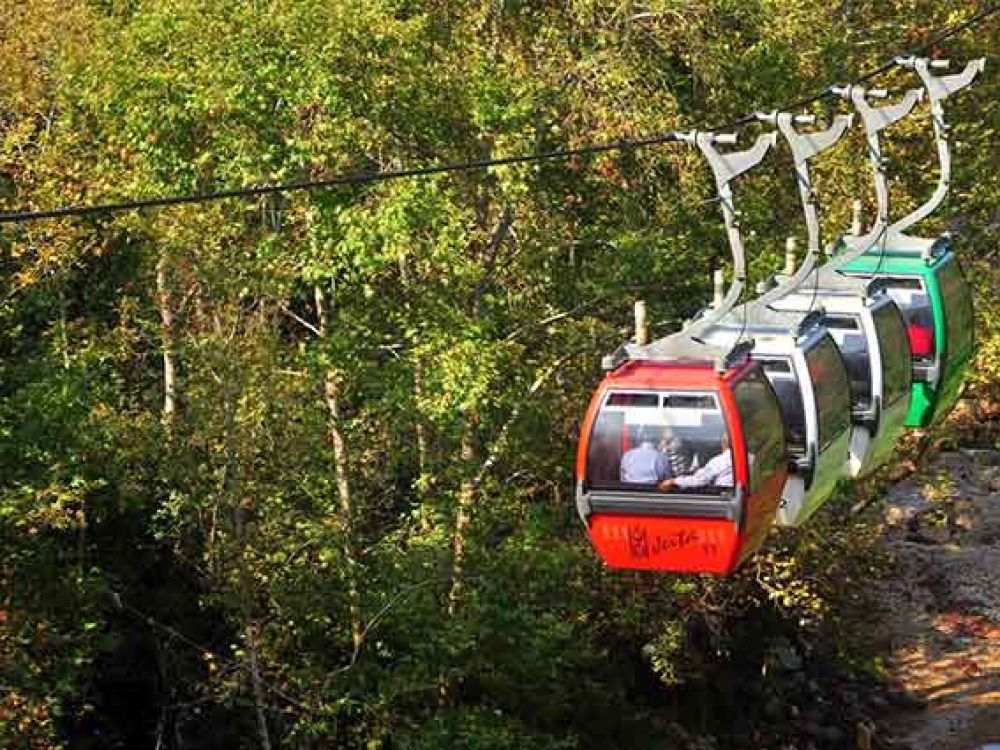

Lebanon, a country with a rich tapestry of history, culture, and natural wonders, has long attracted travelers from around the globe. Tourism in Lebanon has its roots in the 19th century when the country was part of the Ottoman Empire. Early travel was often for educational purposes or religious pilgrimages, but with the discovery of sites like the Jeita Grotto, tourism began to diversify.
By the mid-20th century, Lebanon was known as "the Switzerland of the East," and its capital, Beirut, gained a reputation as a vibrant cosmopolitan city. The civil war from 1975 to 1990 significantly impacted Lebanon's tourism sector. However, the post-war era saw a resurgence in interest as the country rebuilt its infrastructure and promoted its historical sites, diverse culture, and natural beauty.
Jeita Grotto stands out as one of the crown jewels of this Mediterranean nation's tourist attractions. Located in the Nahr al-Kalb valley, just 18 kilometers north of Beirut, these interconnected limestone caves span an impressive 9 kilometers. They were discovered in the 1830s, but it wasn't until the 1950s that they were opened to the public.
The grotto is comprised of two separate but interconnected limestone caves: the Upper Grotto and the Lower Grotto. The Upper Grotto is known for its extraordinary collection of stalactites and stalagmites, while the Lower Grotto provides a unique experience with its boat ride on an underground lake. The Jeita Grotto is a finalist for the New7Wonders of Nature and remains one of Lebanon’s most prized natural sites.
One of the most memorable aspects of visiting the Jeita Grotto is the approach via a cable car ride. This journey offers not only convenience but also panoramic views of the surrounding valleys and mountains that are simply breathtaking. The cable car facility was modernized to enhance the visitor experience and reduce environmental impact on the surrounding area. It marks the beginning of an adventure into the heart of the Lebanese mountains and sets the tone for the enchanting natural spectacle that lies ahead.
In recent years, Lebanon's tourism industry has embraced new trends to appeal to a more diverse range of travelers. Eco-tourism has become increasingly popular, with a focus on sustainable travel experiences that contribute to the preservation of Lebanon's natural environments and cultural heritage. Food tourism is also gaining traction, with Lebanese cuisine known for its rich flavors and diversity, attracting food lovers from around the world.
Another emerging trend is experiential travel where visitors look for authentic cultural exchanges and hands-on experiences. From traditional cooking workshops to local homestays, travelers are seeking deeper connections with the places they visit and the people they meet.
Lebanon continues to build on its historical strengths, offering a unique blend of urban sophistication, historical allure, and stunning natural landscapes, all enveloped by the legendary Lebanese hospitality. As the country navigates the complex demands of contemporary tourism, it remains a unique destination that offers something for every traveler.